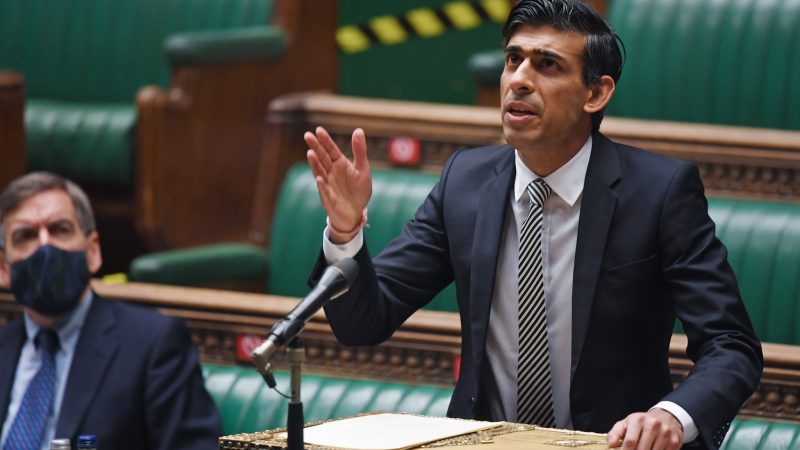
On 20th March 2020, as the coronavirus pandemic was just beginning and the economic crisis that came with it was picking up speed, Rishi Sunak announced an emergency aid package. He would later go on to say that he would do “whatever it takes” to get the UK through the economic tumult that came with the pandemic. Many measures in this statement were undoubtedly much-needed – like the coronavirus job retention scheme and loans to small businesses.
However, for millions of self-employed across the country, “whatever it takes” has become very hollow promise. They have been left without any or very limited support, for the best part of 12 months, creating personal loss, anxiety and revealing structural labour market issues that will have a severe impact on a key driver of the British economy.
The increase in the number of self-employed workers is one of the most significant recent developments in the UK labour market. Despite this, the voice of self-employed people in society and politics is not as strong as it should be. It has become clear through the crisis that the understanding of policy makers of the professional freelance and self-employed sectors is vanishingly low.
In October 2020, Prospect and Community, along with the Federation of Small Businesses, launched an inquiry to investigate how the self-employed have been hit by the pandemic and to recommend what policy-makers must do to support them in the short and medium term.
The Inquiry’s report highlights the extent of the difficulties self-employed people have faced in the last twelve months, as well as the long-term issues this has created for the sector. The government has thus far been unwilling to respond to these challenges.
As part of their research, the inquiry conducted a survey of over 2,200 self-employed workers. The results were staggering. Over half of self-employed workers had lost 60-100% of their household income in 2020, and nearly three-quarters had been unable to access DWP support such as Universal Credit.
The inquiry found that a majority of self-employed workers were unsure about continuing to freelance in the future, creating a potential exodus from the employment type. Nearly half said they were less likely to continue in self-employment due to their experience in the pandemic. There was a clear appetite for a stronger safety net if they were to continue.
Nearly nine in ten said the level of pandemic support for the self-employed was not a fair reflection of their tax contribution, and three-quarters do not believe they have sufficient legal rights compared to employees.
For many, including some within the movement, trade unionism and self-employment are not natural bedfellows. The lack of an employer and a sense that the self-employed lack common grievances around which to build solidarity has meant that efforts by unions like ours to organise the self-employed have been viewed with some scepticism.
This pandemic has given the lie to this kind of thinking. It has exposed the precarious nature of the UK’s self-employed workforce, with too many people risking too much to pursue their careers and not having enough say in their futures. And it has shown that, in times of crisis, there can be incredible outpourings of solidarity and unity among the self-employed, such as we have seen in the movement around those excluded from government support.
Unions like ours have responded to this challenge, lobbying, organising, and demonstrating that there are no no-go areas for our movement. As the world of work changes, we must change with it.
As the Chancellor prepares his Budget, we will be calling for a new agenda for the self-employed. One based on improving financial security, decent working conditions, and proper treatment by those who engage their services. All of this without compromising on the freedom and flexibility that makes self-employment so attractive to millions of workers.
It is essential that the government ends the exclusions from the Covid income support packages, and supports all the self-employed workers who have slipped through the net during the pandemic.
But this agenda doesn’t stop there. The self-employed need their rights and protections to be brought closer to that enjoyed by employees, extending health and safety rights, sick pay, and paid parental leave. We need a benefits system that works for those with variable income, and a Commissioner in government who can coordinate government policy so that it works for these workers.
We can’t have an economic recovery if the self-employed aren’t helped to bounce back. It is time for the Chancellor to finally deliver for these vital workers and entrepreneurs.




More from LabourList
‘Council Tax shouldn’t punish those who have the least or those we owe the most’
Two-thirds of Labour members say government has made too many policy U-turns, poll reveals
‘Two states, one future: five steps on the path to peace for Israelis and Palestinians’